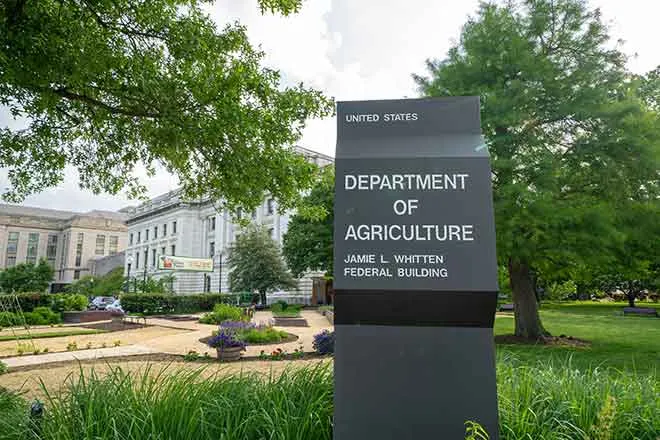
Higher limits now available on USDA farm loans
Higher limits are now available for borrowers interested in USDA’s farm loans, which help agricultural producers purchase farms or cover operating expenses. The 2018 Farm Bill increased the amount that producers can borrow through direct and guaranteed loans available through USDA’s Farm Service Agency (FSA) and made changes to other loans, such as microloans and emergency loans.
“As natural disasters, trade disruptions, and persistent pressure on commodity prices continue to impact agricultural operations, farm loans become increasingly important to farmers and ranchers,” FSA Administrator Richard Fordyce said. “The 2018 Farm Bill provides increased loan limits and more flexibility to farm loans, which gives producers more access to credit when they need it most.”
Key changes
- The Direct Operating Loan limit increased from $300,000 to $400,000, and the Guaranteed Operating Loan limit increased from $ 1.429 million to $1.75 million. Operating loans help producers pay for normal operating expenses, including machinery and equipment, seed, livestock feed, and more.
- The Direct Farm Ownership Loan limit increased from $300,000 to $600,000, and the Guaranteed Farm Ownership Loan limit increased from $1.429 million to $1.75 million. Farm ownership loans help producers become owner-operators of family farms as well as improve and expand current operations.
- Producers can now receive both a $50,000 Farm Ownership Microloan and a $50,000 Operating Microloan. Previously, microloans were limited to a combined $50,000. Microloans provide flexible access to credit for small, beginning, niche, and non-traditional farm operations.
- Producers who previously received debt forgiveness as part of an approved FSA restructuring plan are now eligible to apply for emergency loans. Previously, these producers were ineligible.
- Beginning and socially disadvantaged producers can now receive up to a 95 percent guarantee against the loss of principal and interest on a loan, up from 90 percent.
Additional information is available from local USDA service centers.












